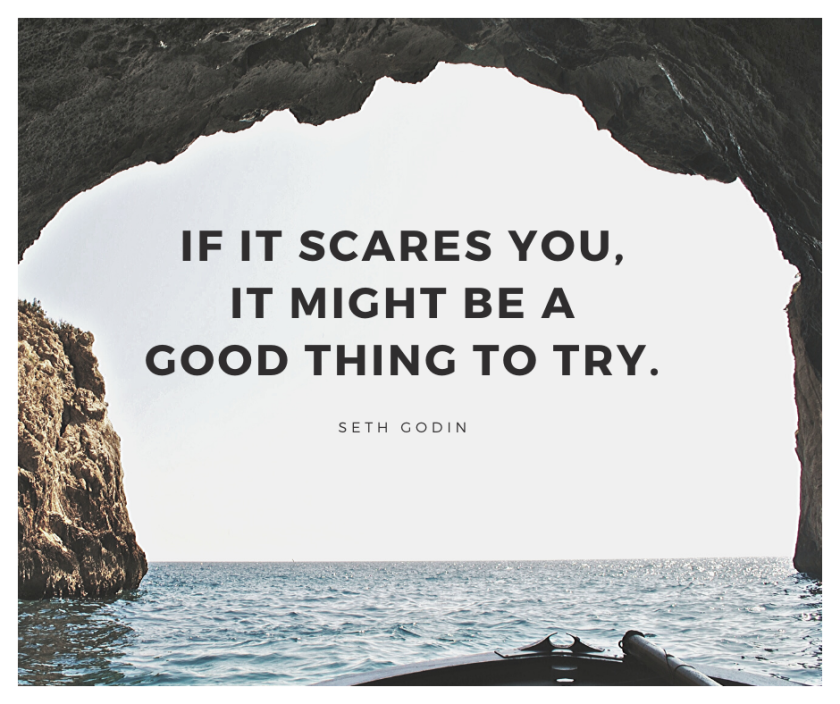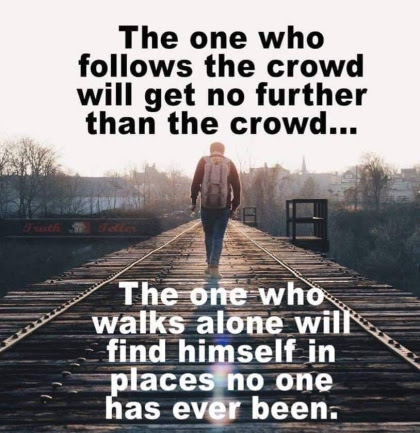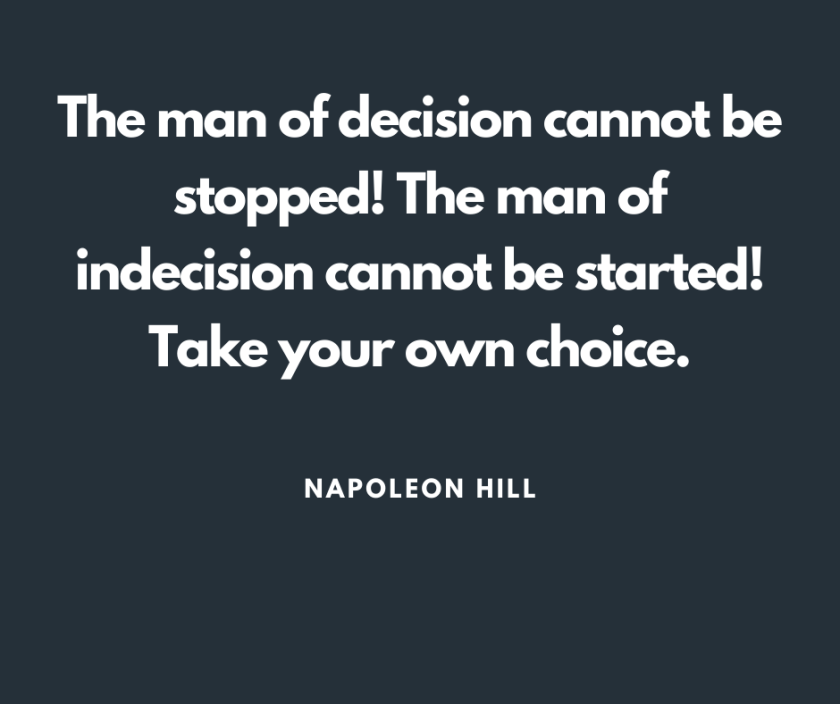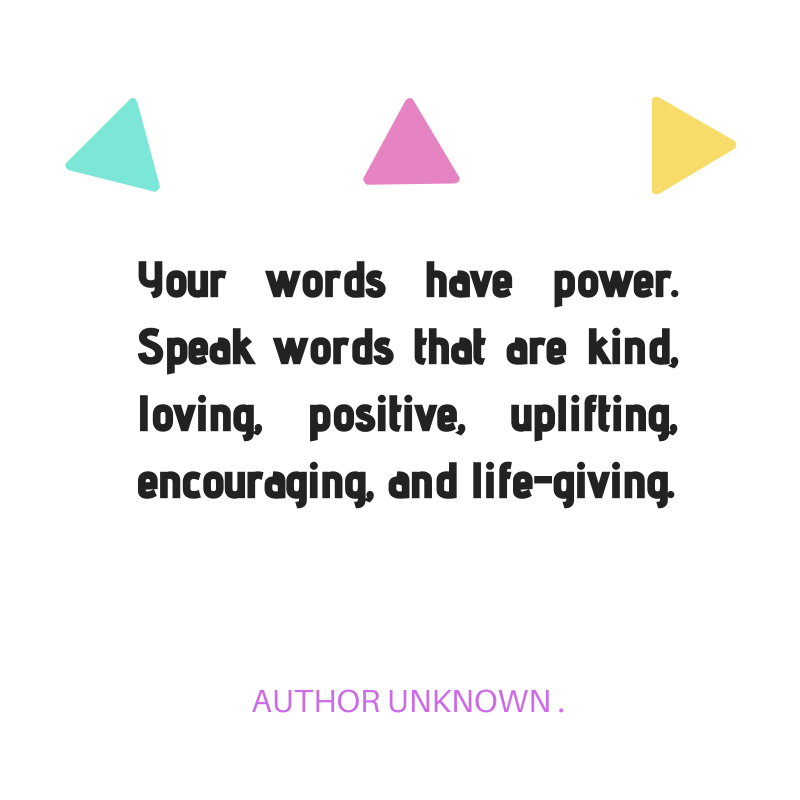In March 2103, I visited my doctor for a hypertension checkup. The doctor measured by hypertension (bp), pulse and body temperature.
And then she said.
“From our previous discussion regarding this subject, it appears there is some connection between your high bp and your work situation. What would you prefer most; your health or your work?”
I replied that it was difficult to choose between the two but I certainly will think about the situation over.
I limped out of the doctor’s office and walked to my place of work which was about 350 meters across a four-lane traffic-laden road.
As I waded through traffic, oblivious to the noise made by cars, the doctor’s words came to bother me.
I knew exactly what the doctor meant.
I was scared big time.
For the next few weeks, I continued reflecting on the doctor’s feedback and eventually I made a decision.
The decision was to quit my last job.
I was working as an HR deputy manager for a government ministry. My last job and the one preceding it were like working at Ramsay’s Hell’s Kitchen.
- I and my colleagues were putting out fires and in the process igniting new ones.
- Four or more incoming trays of mail were being delivered to my division and we were expected to clear it within 10 days as per internal rules.
- Politicians were interfering in our work left, right and centre.
- I was expected at work very early in the morning and knocking off very late every day contrary to my employment contract.
My work environment was indeed high-stakes hot plate and had contributed a lot to my undesirable medical state.
I quit my job and left for my home village to figure out what to do next.
Well, I thought I had escaped hell and little did I know my decision will send me straight into the abyss.
Immediately afterword had gone out that I had quit my job, I began to observe the first signs that things weren’t going to be easy.
This is what I observed immediately after quitting employment.
- I began to immediately lose friends and some people who have been closer to me.
- Some family members began attacking me for leaving employment.
- The behaviour of some close family members towards me became strange and suspicious.
- Some of my local friends and relatives “blocked” my calls. The few who answered would say “I am in a meeting, will call later” and never to call again.
- My childhood friends, some of which I had stayed with their children in the city or done one favour or another greeted me like we have never met before. The greetings were very cold I guess calculated to deter me from building follow up conversation.
- Some close family members who I knew would never hurt a fly somehow found the nerve to attack me openly for leaving employment without their consent.
- Other family members’ attitudes towards my fiancée stopped short of full-blown hate. They would complain of minor things such as her accent. Whenever I was around, snipe remarks such as “If a girlfriend is useless, you fire her” would come to pass by the bucketful. Strangely none of them ever spoke of firing their wives or husbands some of whom were clearly useless.
- I began to get remarks which I had no answers to, one of which I remember was, “These days you are thin, is it because you are not working?”
- In every social gathering, people would ask me “Why did you leave such a good job and see you don’t look nice?”
Coming from a conservative society that values 9-5 employment more than anything else, their behaviour didn’t surprise me.
But what hurt me the most were the words and the careless remarks levied on me. And I must admit they hit me hardest – like one of the punches Andrew Golota I landed below the waist of Riddick Bowe at their epic boxing bout in 1996.
Before I had never known how powerful the “word” was until I began to get the nasty and toxic remarks. The remarks had more impact on my mind than the fear of possible and sudden death from my medical conditions combined.
I was hurting, shocked, angry and in despair.
I kept asking myself questions I couldn’t answer.
What had I done wrong to deserve such treatment?
Who made leaving employment on account of health a crime?
As these unfortunate incidents happened, I was also battling with health issues that got me to quit my job in the first place and also dealing with a new health scare – my right breast was swelling and getting painful by the day. Thinking it was breast cancer, my anxiety levels shot through the roof.
At that point in my life, I was in a 4-in-1 hardship which I didn’t know how to get out of.
The four hardships were;
- Hardship: my cardio – the medical condition
- Social outcast
- Breast condition
- The daily grind of life (as we know life is hard these days if you are unemployed)
To me, my 4-in-1 hardship became an abyss I was drowning in and with no obvious plan of getting out.
Until one day as I was browsing through a 2012 women magazine whose theme for the month was celebration, I came across an article on the power of gratitude. In the article, scientific findings and statistics from various psychological journals on the power of – gratitude – were cited.
What won me over completely to – gratitude – were tales of women who had lost a lot in life and yet they were grateful for being alive.
When I compared my situation to theirs, I realized I was in a relatively better situation. If they can be in what I considered relatively worse situations and still be grateful, why I shouldn’t I be grateful?
Then again I asked myself; what should I be grateful for?
This article and others in the magazine sparked an internal conversation in me.
Those internal conversations led me to perform some crude personal SWOT analysis.
I looked at my possessions, abilities and mere fact I was alive and I concluded all was not lost. I became grateful for what I had and for who I was.
Perhaps I should share with you findings from my crude SWOT analysis.
- I was still alive.
- I still had my health-imperfect as it was.
- I had my close family (daughter and fiancée).
- I still had two close friends left.
- I had former colleagues who occasionally would call to check me.
- I still had some caring extended family members.
- I was a trained mathematics teacher
- I was a trained school counsellor
- If I wanted a 9-5 job, I could still find one
- I had the intellectual ability to create stuff and make a living from it.
- I had zero debt.
- I had contacts I could leverage on.
As I appreciated what I had, I could feel some change in me- I was becoming more and more “lighter”.
Yes, negative thoughts were still trying to dissuade me from my new view of things. Somehow this time around I seemed to do well against them to an extent of bursting out in laughter at a negative thought that had entered my mind.
I must admit and testify that ever since I have been grateful for what I am and what I have; I have experienced significant health improvements.
Even when things are turbulent, I am at peace.
The anger and feeling of animosity towards people I felt were abusing me have all disappeared. I can now deal effectively with any naysayer without getting angry. It’s no longer about me but for them.
I am at great peace of mind thanks to the spirit of gratitude.
What is even more profound is, I now practice gratitude regularly.
Most of the mornings around 7 A.M., I make a gratitude prayer thanking the Almighty for keeping me alive.
I recommend to anyone to practise gratitude and be grateful for who they are and what they have. And they will begin to experience positive changes in their lives.
An article titled on Forbes.com also reveals 7 Scientifically Proven Benefits of gratitude.
The Happier Human blog also has an article on 31 benefits of gratitude.
Even Holy Scriptures show how important gratitude is in a believer’s life.
I recently listened to Jocko Podcast, Episode 64, in which Jocko Willink interviews Colonel (Rtr) William Bill Reeder over his captivity in Vietnam during the Vietnam War and about his book “Through The Valley: My Captivity in Vietnam”.
This is a great interview and I recommend that you find the time and listen to it.
Actually, the interview buttressed in me the importance of gratitude.

Photo by Freshh Connection on Unsplash
This year 2019 on Saturday, September 7, 2:00PM, I received an email from Richard as I am subscribed to his blog www.RichardYadon.com. He begins the email with the words from the famous Zig Ziglar.
“Today is a great day. If you don’t think so, just try missing one!”
Still in the email and he then goes on to show how important being grateful is to him.
I particularly like these words of wisdom from him.
“Sometimes I fall into the trap of only thinking about what I don’t have or what I need to fix. The urgency, inconsistency, and challenges of life can seem bigger than my meaningful priorities. If you woke up this morning you can be thankful. If you aren’t hungry today, you can be thankful. An ‘attitude of gratitude’ is essential to living on purpose. Start by looking at all the things you take for granted and be thankful they aren’t a constant worry”
Words of wisdom indeed.
Thank you for reading.
I am grateful for your taking your time to read or like this article or follow the blog.


 Photo by
Photo by 







You must be logged in to post a comment.